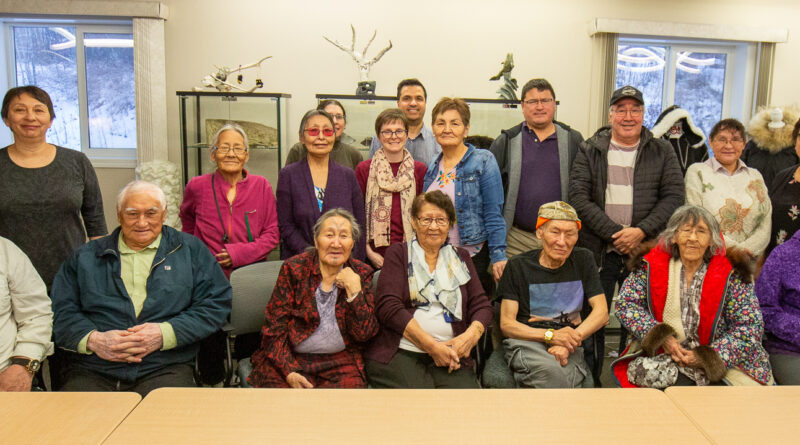Studying Exploratory Search in Public Digital Libraries: Collaboration & Partnerships
Most search interfaces currently used in public digital libraries have been influenced by design patterns based on web search, even though the complexity of the information seeking process when searching within a public library can be far greater than web search. Web search interfaces work extremely well for lookup search tasks, but they struggle to support complex search, especially those related to exploratory search.
Read More












